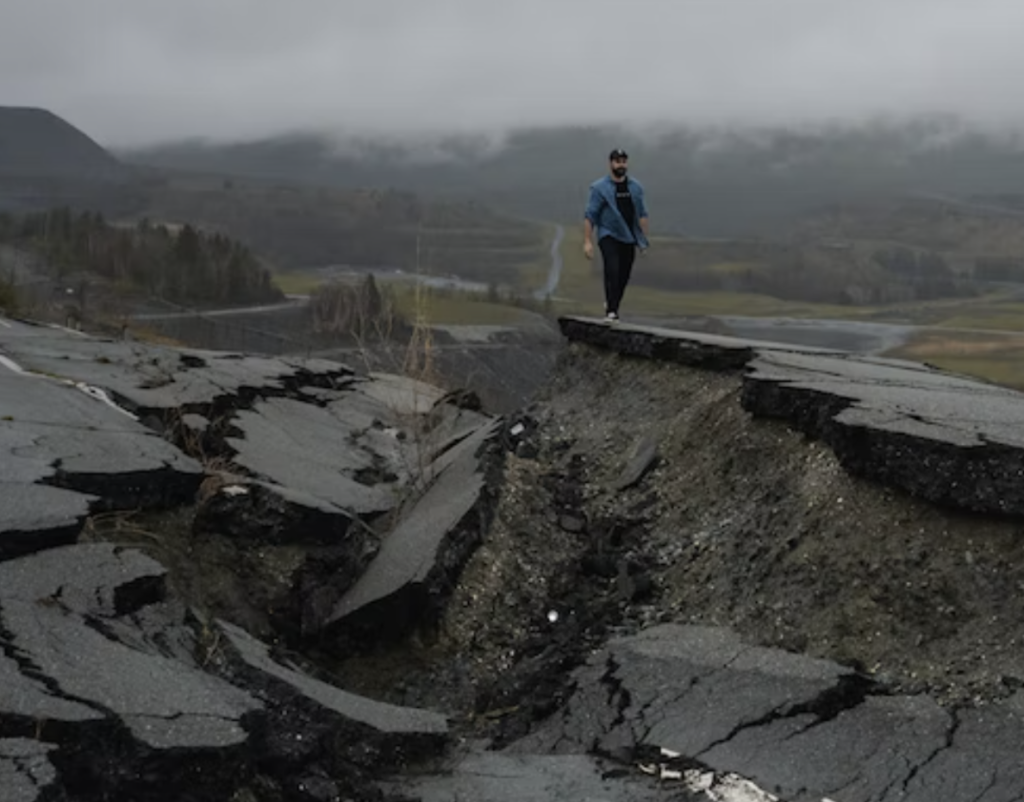How To Adequately Prepare For An Earthquake
The best ways to prepare for an earthquake include scanning documents and storing them digitally in cloud storage ahead of time and knowing where the strongest piece of furniture is in your home that you can take cover under.
This article is more than 2 years old

If earthquake safety is on your mind lately, you are not alone. After news about recent quakes rocking Turkey and Syria, many people are concerned about that particular natural disaster striking near them. Thankfully, some preparation steps can help alleviate at least a little worry.
Technically earthquake safety recommendations will vary based on many factors, including population density, building structure, and severity of the quakes. But some basic safety measures are nearly universal. NPR spoke with some experts in the US to get their recommendations about what you can do to prepare for a possible earthquake, which we will dive into below.
The most important step anyone can take is to drop, take cover, and hold on tight when an earthquake strikes. Make sure you take cover under a solid piece of furniture and use one arm to shield your head. The surprising news is that doorways should actually be avoided, contrary to popular advice.
“‘In modern homes, doorways are no stronger than any other part of the house’ and will not protect you from injury, according to guidance from Earthquake Country Alliance.” The most important first step is to protect yourself from falling objects or debris. But it is also vital to know what you will do after the earthquake strikes.
Make sure you and your loved ones know where to meet up post-earthquake. Choose a central meeting location in advance, and repeat the plan until everyone is confident they will remember. And “Whatever plan you decide on, don’t rely on your phone as your main form of communication, says Provencio,” per NPR.
There are also a few preparations everyone should tackle whether they live in hurricane, tornado, or earthquake country. First, make copies of all important documents, including insurance policies, prescriptions, licenses, financial records, or birth certificates. But make digital copies rather than paper.
During an emergency, the last thing on many minds is grabbing documents. By scanning or photographing them to store in the cloud, you can make sure all vital records remain secure and easy to access. Additionally, everyone should start prepping a go bag.
Every household member should have a bag packed with necessities for at least three days. Try to keep it as light as possible. But don’t forget to pack food and water.
And speaking of food and water, you should stock up on those at home too. ” FEMA recommends storing at least one gallon of water per person for 72 hours.” Plus, “at least 72 hours’ worth of food for everyone in your family.”
During (and after) an earthquake, it is common for utilities to go down, which you may have seen news stories about. That may very well mean no water access for at least a few days. And even if the water is still running, the possibility of contamination is high.
Eating is still a priority if or when the power goes out after an earthquake. So make sure any food supplies include non-perishable items like canned food, energy bars, dehydrated fruit, granola bars, tuna, or pre-packed camping food. Your stomach will thank you.



